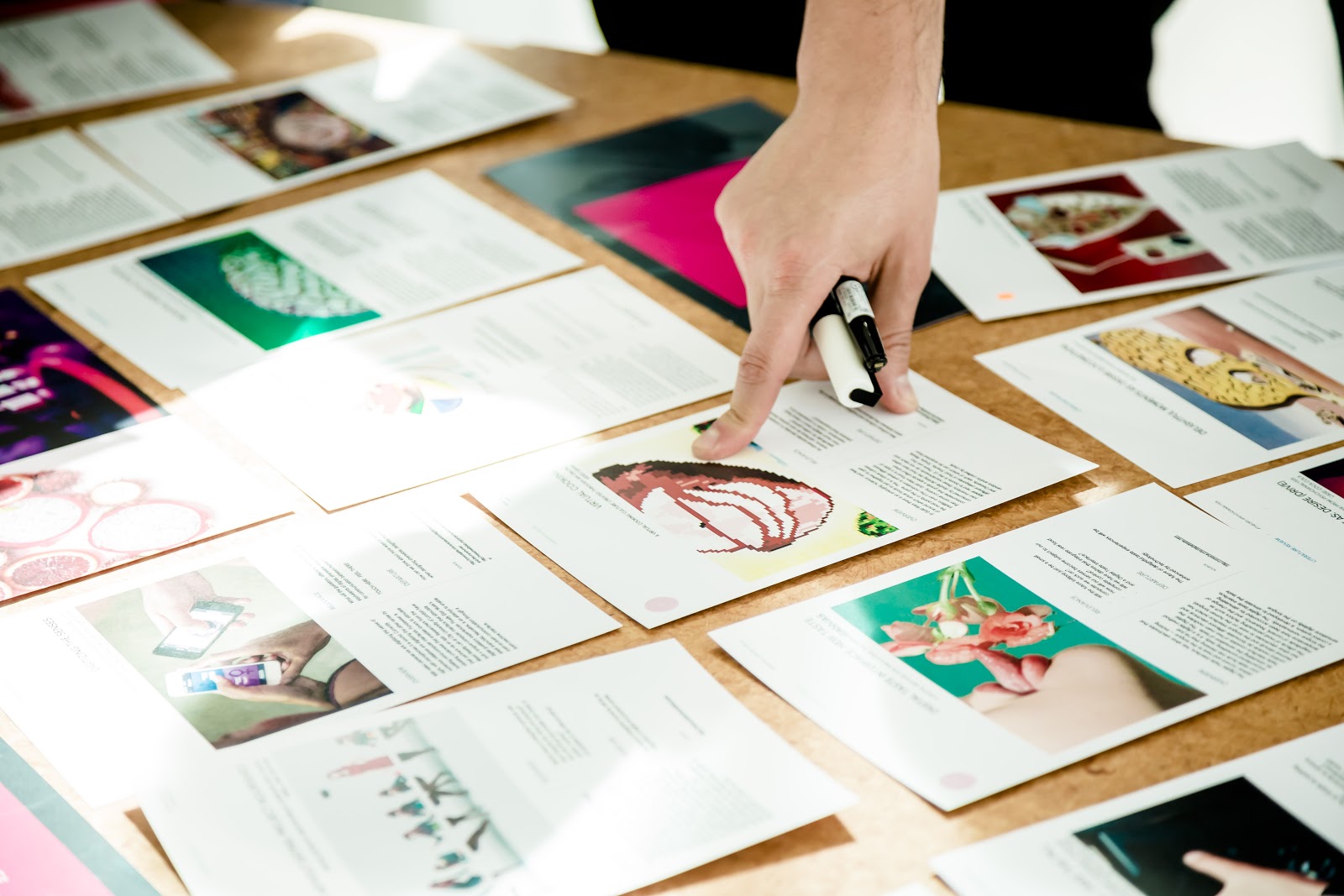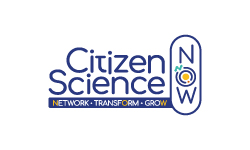Empowering Citizen Science through Futures Design: Reflections and Insights from the Citizen Science NOW Project
July 2023
 The Citizen Science NOW project has embraced the innovative approach of applying futures design methodology to advance knowledge and practices within its field. Marking the delivery of the Needs Assessment and Future Foresight Report for Project Result 1 (PR1), we can now offer a concise reflection and update on the application of futures design as a methodology and its potential within the context of citizen science.
The Citizen Science NOW project has embraced the innovative approach of applying futures design methodology to advance knowledge and practices within its field. Marking the delivery of the Needs Assessment and Future Foresight Report for Project Result 1 (PR1), we can now offer a concise reflection and update on the application of futures design as a methodology and its potential within the context of citizen science.
Both futures design and citizen science share common elements in their approaches, values, and practices. They both emphasise active participation, diverse perspectives, and interdisciplinary collaboration to generate collective intelligence. Problem-solving, sensemaking, and crowdsourcing of ideas are also integral to both approaches and contribute to the development of knowledge outputs. These shared values became the foundation for collaboration between project partners to take a zoomed-out and future-facing perspective on the EU-level citizen science sector. Here, the application of futures design has allowed stakeholders to gain a deeper understanding of the dynamics influencing citizen science’s functioning, towards developing strategic responses ensuring its continued growth and impact in a rapidly changing world.
Moving forward, the challenge lies in empowering potential citizen science participants by sharing the project journey more widely, fostering a sense of ownership and engagement. The PR1 report’s findings and competencies have paved the way for the development of Citizen Science training resources, which will incorporate considerations identified within the three major insights: the power of local networks and resources, shifting values, attitudes, and citizen competencies, and the potential of online and offline platforms for capacity building in citizen science.
To share the project journey and insights, multiplier events are being organised in partner cities such as Barcelona, Münster, and Copenhagen. These events aim to activate and evaluate the research within the citizen science community and beyond. Employing a futures design lens, an adaptive and responsive approach will be encouraged, allowing participants to engage with the research, understand the findings practically and contribute to their further development.
Interactive and workshop activities will play a crucial role in these events, supported by testing a citizen science engagement toolkit. This approach will again foster active engagement and collaborative participation, strengthening the ties between futures design and citizen science while paving the way for future advancements and developments in the field. By embracing these principles, citizen science can continue to evolve to be at the forefront of addressing complex challenges for positive societal change with collective intelligence and ingenuity.
Image credit: Bespoke/Manyone

